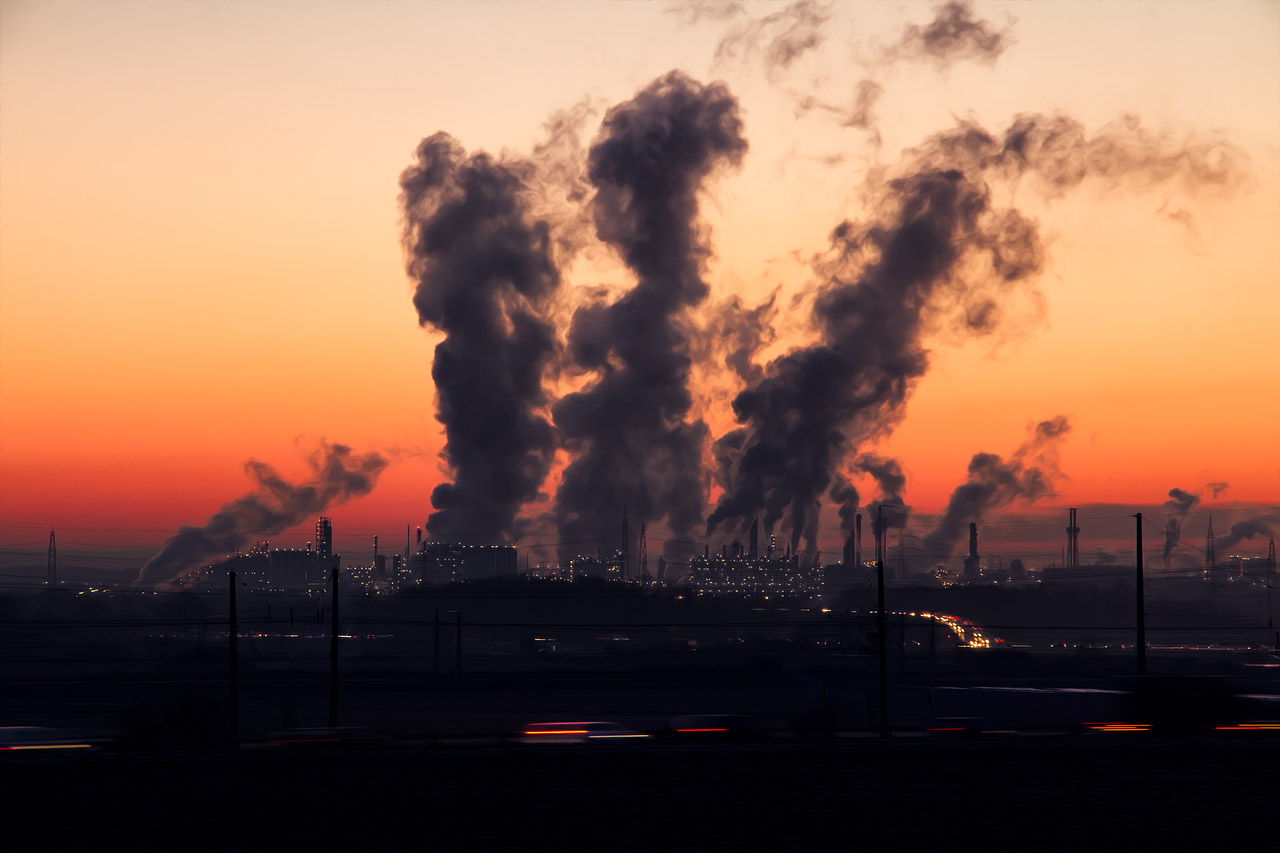On 23 July 2025, the International Court of Justice (ICJ) gave an advisory opinion on the obligation of states to protect the climate system and the environment from manmade emissions of greenhouse gases as they affect states and persons of present and future generations.
The advisory opinion is long and complex, and it is only possible to skate over it in this column. The questions posed by the UN General Assembly were about the obligations of states and the legal consequences to states that cause significant harm by their acts or omissions to the climate system and consequently to victims such as states – particularly vulnerable small island states – peoples and individuals.
To decide the case, the court took into account submissions from many states and international organisations, including the Alliance and Commission of Small Island States and the Organisation of Petroleum Exporting Countries (OPEC) as well as major emitter states like the US, China and Russia.
The court first dealt with preliminary matters such as whether to provide an advisory opinion at all. It decided there was no compelling reason not to do so, noting that the request was sponsored by 132 of the 193 member states of the UN.
Interestingly, the court held that expressing an advisory opinion on climate change was not exceeding its judicial function by adopting a legislative role and making new law. Although the questions posed were concerned with the activities of many states over a long time, the court decided it was doing no more than expound the law.
So, unsurprisingly, it first embarked on an analysis of the main treaties imposing obligations on states in international law relating to climate change with particular reference to the 1997 Kyoto Protocol, the 2015 Paris Agreement, the various treaties concerned with the Ozone Layer and the UN Convention on the Law of the Sea, as well as a human rights law.
From these treaties, the court was able to distil a general duty to mitigate the adverse effects of greenhouse emissions. Importantly, the world’s advanced industrialised states accepted binding obligations to reduce emissions owing to their excessive historic emissions that had cumulatively contributed to the current threat to planet Earth
Under the Kyoto Protocol the more advanced industrialised states agreed to additional obligations to take the lead and limit their emissions of greenhouse gases by their removal from the atmosphere or its storage.
And under the 2015 Paris Agreement, states undertook a progressive and determined effort to limit global warming below 1.5 degrees above pre-industrial levels by the adoption of measures capable of achieving that objective through cooperation, including through technology and financial transfers.
The court took into account scientific evidence that urgent action was required between 2020 and 2030 – “the rapidly closing window of opportunity to secure a liveable and sustainable future for all”.
The ICJ also had regard to treaties on the protection of the Ozone Layer, the duty to protect the marine environment under the UN Convention on the Law of the Sea from the adverse effects of climate change, and human rights treaties.
Finally, it took into account established customary international law – legal obligations that derive from general accepted practice that states regard as binding – that requires states to prevent significant harm to the climate system and environment by using all means at their disposal within their jurisdiction.
Having identified the sources of the obligations of states essential to its task of stating rather than making the law, the ICJ then went on to set out the legal consequences to states that breach their obligations.
The ICJ advised that liability for wrongful acts involving the adverse effect of climate change is to be assessed by reference to the well-established rules of state responsibility. In other words, state actors that cause harm in breach of obligations to protect the climate from greenhouse emissions or non-state actors who are not properly regulated by states to whom their conduct can be attributed.
According to the court, a breach of any of the obligations it identified constitutes an internationally wrongful act that engages state responsibility to victim states that suffer harm. Basically, to cease acting wrongfully, guarantee non-repetition, and make reparation by restitution, compensation, and other means of just satisfaction – provided always a direct and certain causal link is established.
However, whether or not individuals or groups of people have an entitlement to rely on wrongful acts in breach of climate change law and make a claim in particular cases involving injury or harm to them depends on the primary obligations of states rather than on state responsibility in international law.
For example, individuals can petition the European Court of Human Rights (ECtHR) for violations of human rights. In a landmark case in 2024, the ECtHR decided that Switzerland had failed to mitigate the effects of heatwaves caused by climate change in breach of their right to quality of life, that the court creatively held was within the right to private and family life under Article 8.
As for small island states that are geographically vulnerable, the ICJ was of the opinion that they were not to be treated differently under customary international law and that they too are governed by the primary obligations of states.
In conclusion the ICJ emphasised that the internationally wrongful act is not the emission of greenhouse gas as such but the breach of the applicable customary and treaty laws by state actors or failure to regulate non-state actors attributable to the state in question.
It is the failure to take appropriate action in accordance with those laws to protect the climate system from emissions, including through fossil fuel production, consumption, the grant of licences and subsidies, that are capable of constituting internationally wrongful acts.
Alper Ali Riza is a King’s Counsel in the UK and a retired part-time judge






Click here to change your cookie preferences